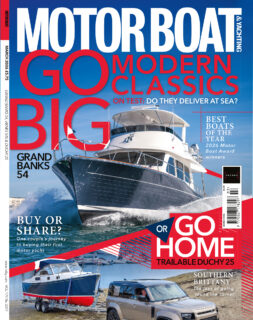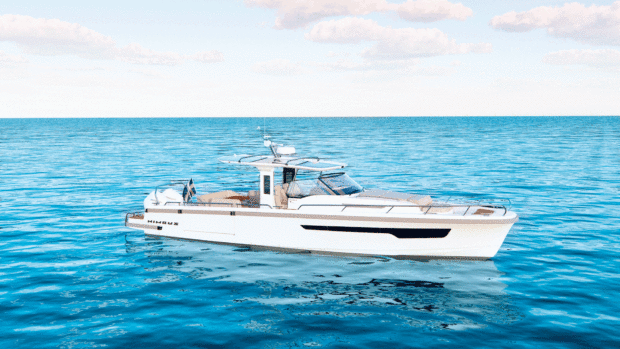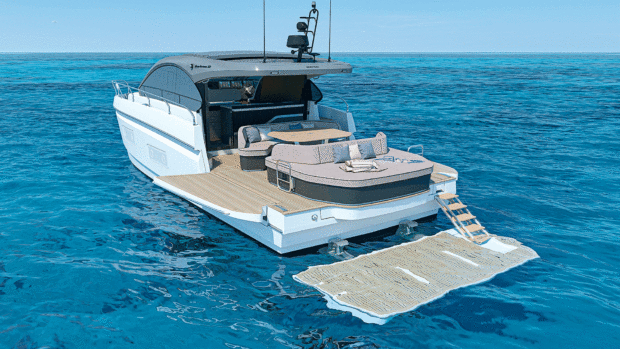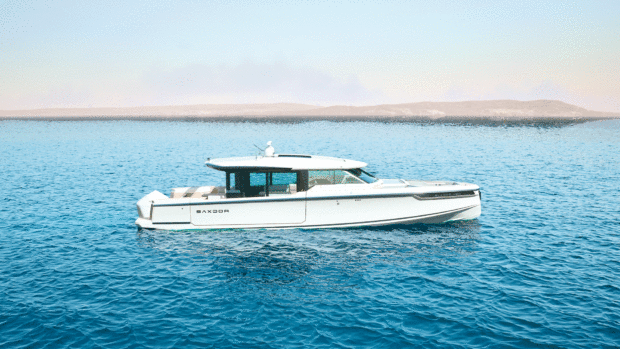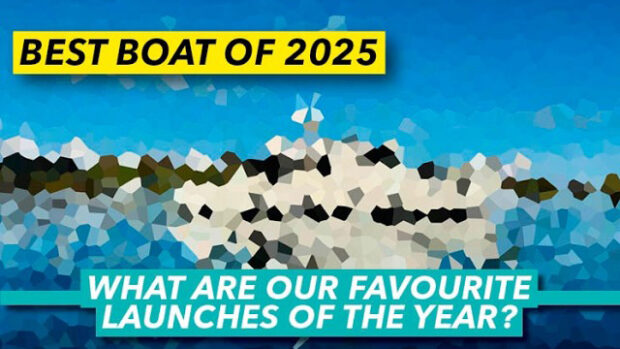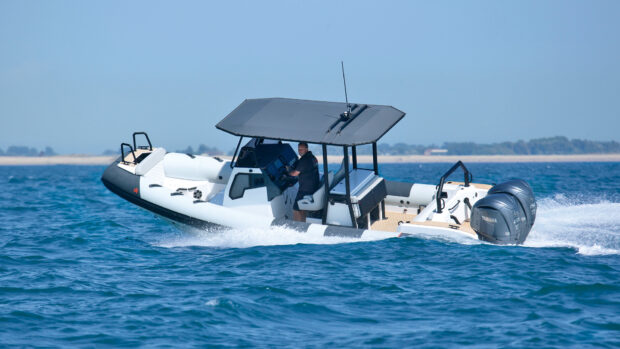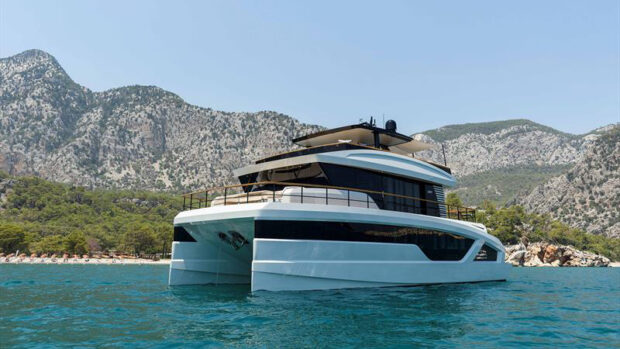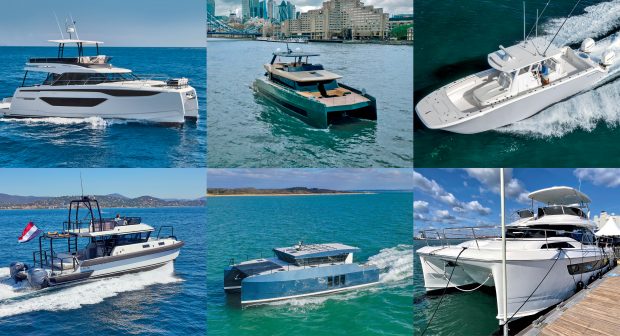Four perish in suspected capsize in heavy seas
The Marine Accident Investigation Branch (MAIB) has published today a report of its investigation of the loss of the fishing vessel Meridian KY147 with the loss of four crew 160 nautical miles (just over 184 miles) due east of Aberdeen on 6 October 2006.
Meridian: Catastrophic loss – 26 October 2006
Meridian KY147, a 22.63m trawler, left Aberdeen on 11 October 2006 with four crew members onboard, and for the next 15 days she performed guard ship duties at the Blane Development Oilfield, 160 miles off the coast.
On 26 October, an emergency signal, received from the EPIRB which was registered to Meridian, triggered an air and sea search for the vessel. Storm force or stronger wind speeds were causing very rough sea conditions at the time.
The extensive search operation located only the EPIRB, an empty liferaft and the body of one of the crew members. It was stopped at midday 2 days later.
Subsequently, despite a painstaking underwater search covering about 206km2 of seabed in the area of the accident, and where Meridian would have drifted, the MAIB and Talisman Energy Inc, the oil company that had contracted Meridian for guard ship duty, were unable to locate the vessel.
During its investigation, the MAIB commissioned an independent study of the vessel’s stability and the report concluded that she was very stable and complied fully with the required stability criteria.
However, among other things, the analysis highlighted an unusually high transverse metacentric height (GM) which would have made the vessel “stiff” in heavy weather.
Further research indicated that, because of this, the vessel would have been vulnerable to suffer synchronous rolling in the sea conditions that prevailed at the time of the accident. The stability analysis showed that in an intact state the vessel was virtually unsinkable.
The exact cause of the accident may never be determined, however, after considering what was known about the vessel, her crew and the events of 26 October, various possible loss scenarios were analysed. The MAIB concluded that the accident was most probably brought about by a combination of several factors including: the very rough seas; synchronous rolling; water being temporarily trapped
on deck; and a failure of the vessel’s watertight integrity.
If Meridian had become beam on to the seas she could have experienced synchronous rolling, where each roll angle gets larger, and this in turn would have allowed seas to break on deck. Meridian’s gutting shelter and relatively small freeing ports would have allowed enough water to be temporarily trapped on deck to cause an initial capsizing moment and then, while heeled, she would have been more vulnerable to being damaged by the heavy seas. This could then have led to her fully capsizing and to her subsequent loss. In the above scenario there would have been little or no time for the crew to raise the alarm or abandon to their liferafts.
Safety Issues
1. In this case, at least 36 hours warning of violent wind force conditions was needed to give the skipper a realistic chance of finding shelter before the arrival of the storm. Skippers need to obtain good quality long range weather forecasts and, if working in the North Sea and if concerned, they should seek further information from installations.
2. Before being caught out in very poor weather, the crew should ensure that all weathertight openings, vents, hatches and doors are firmly closed and that all freeing ports are clear of obstructions. Batten down and prepare yourself.
3. Beware of your stability. A high GM is good in many ways but it indicates a stiff ship, which will experience violent rolling and take more than normal amounts of water on deck. This is particularly important if your roll period matches the wave period (as in this case), as you may find yourself caught up in synchronous rolling. You will need to alter your course and/or speed rapidly to break out of this situation.
4. Check the correct working of your bilge alarms regularly. If your vessel is suffering flooding in the engine room or fish hold you want to know about it as soon as possible. Although there was every indication that the alarms were working in this case, many vessels have been lost in the past for want of a working bilge alarm.
5. If you do not have an EPIRB, fit one. Unfortunately, in the case of Meridian, it did not save lives, but it did raise the alarm almost immediately and sometimes, in a rescue situation, minutes count.
Further details on the accident and the subsequent investigation can be found in the MAIB’s investigation report, which is posted on its website www.maib.gov.uk
Alternatively, a copy of the report will be sent on request, free of charge.
Marine Accident Investigation Branch
Carlton House
Carlton Place
Southampton, SO15 2DZ
Tel: 44 (0)23 8039 5500
Email: maib@dft.gsi.gov.uk
